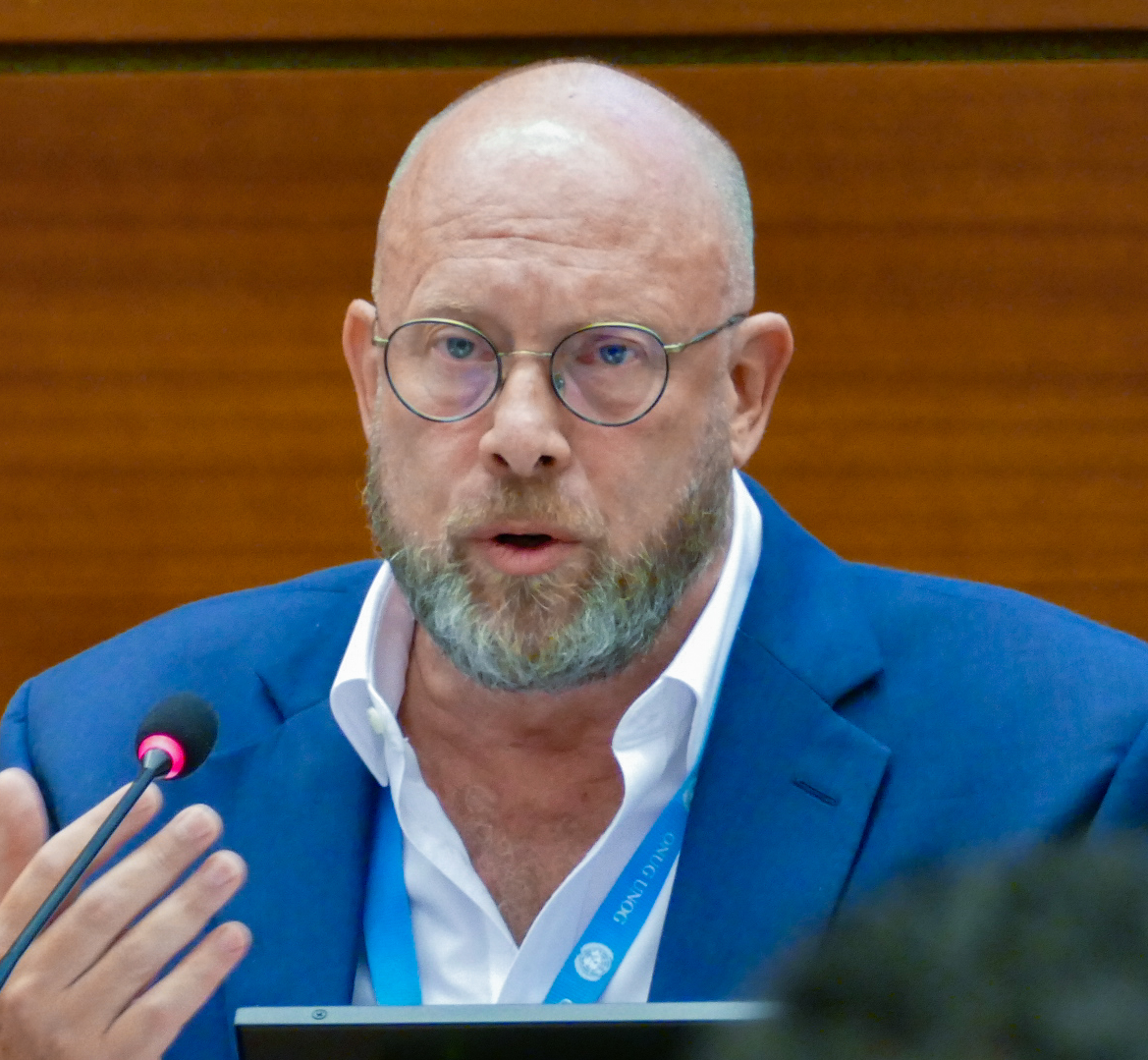I recently had the pleasure of attending an inspiring webinar hosted by Robyn Monro-Miller, president of the International Play Association (IPA), featuring Philip Jaffé from the United Nations. Having heard both Robyn and Philip speak at the IPA Conference held in Glasgow last summer, I knew that it would be interesting, and I wasn’t disappointed!
The webinar focused on several important topics, including how country reporting on the UNCRC works, the impact of General Comment 17 and Philip’s unique perspective on play and advocacy, drawing from his insights as a member of the UNCRC Committee. The webinar was attended by people across the globe, including Australia, New Zealand, Portugal, Brazil, Hong Kong, and the UK.
For those unfamiliar with the United Nations Convention on the Rights of the Child, which is quite a mouthful, so commonly referred to by its acronym UNCRC – it stands as a cornerstone in safeguarding children’s rights across the world. The UNCRC was enacted in 1989, so it’s now 35 years old. This comprehensive treaty emphasises the importance of nurturing environments, where children can thrive in peace, dignity, and equality. With 54 articles outlining children’s rights, to meet children’s basic needs and support them to reach their full potential, it mandates governments to acknowledge these basic fundamental rights and work towards making them accessible to all children. These rights include essentials such as the right to life, survival and development, protection from harm, abuse and neglect, and the right for children and young people to be active participants in society, as well as of course, the child’s right to play.
During the webinar, Philip Jaffé highlighted the UNCRC’s important role in shaping international discourse on children’s rights and emphasised the convention’s inclusivity. This sparked a fascinating discussion between Robyn and Philip on the various articles of the UNCRC and they agreed that each article holds equal significance regardless of their numerical order. However, Philip did point out that Article 6 “Every child has the right to life. Governments must do all they can to ensure that children survive and develop to their full potential” trumps them all, as if a child does not survive, then the rest of the articles are meaningless.
As advocates for play, many of us were particularly interested in Article 31, which recognises that “every child has the right to relax, play and take part in a wide range of cultural and artistic activities”. Despite its significance, Philip acknowledged the challenges in persuading governments to prioritise play within legislative frameworks and policies. However, with the recent UNCRC (Incorporation) (Scotland) Act 2024, I’m very proud to say that Scotland emerges as a beacon of progress, embedding children’s rights, including the right to play, into its legislation and policies.
Robyn raised the prospect of establishing a UN International Day of Play, Philip expressed support for this initiative, which would aim to promote the importance of play worldwide and encourage more discourse on play rights. However, concerns were raised about potential commercial interests overshadowing the spirit of the day. Philip and Robyn suggested focusing on grassroots efforts, advocating for play in its purest form, free from commercial agendas.
I found the webinar very inspiring and motivational, and it served as a powerful reminder of the transformative power of play in shaping children lives worldwide and highlighted the importance of championing children’s right to play within the framework of the UNCRC. It is heartening to work with colleagues internationally to advocate for children’s rights and drive forward positive change, so that we move towards a future where every child can play, thrive, and fulfil their potential.





